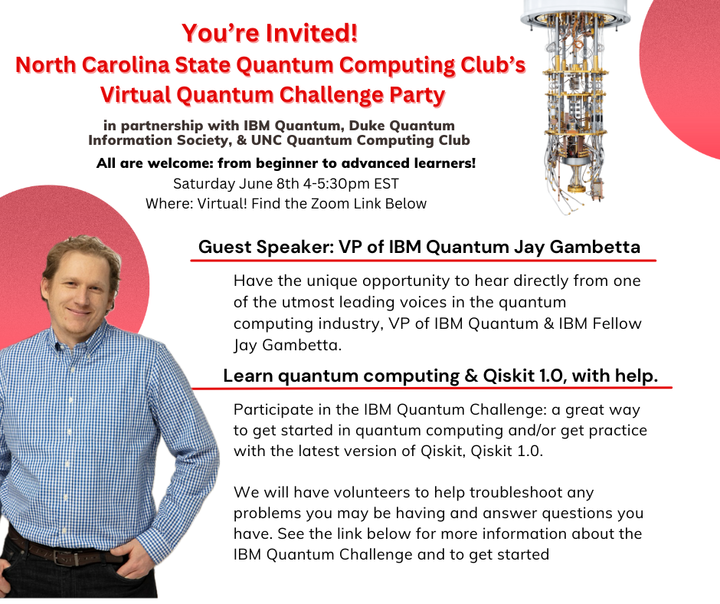Quantum process learning and variational quantum computing
VirtualAbstract Parameterized quantum circuits serve as ansätze for solving variational problems and provide a flexible paradigm for programming near-term quantum computers. Here we discuss three fundamental criteria for this paradigm to be effective: expressibility, trainability and generalizability. We will introduce these concepts and present recent analytic progress quantifying to what extent these criteria can be…
